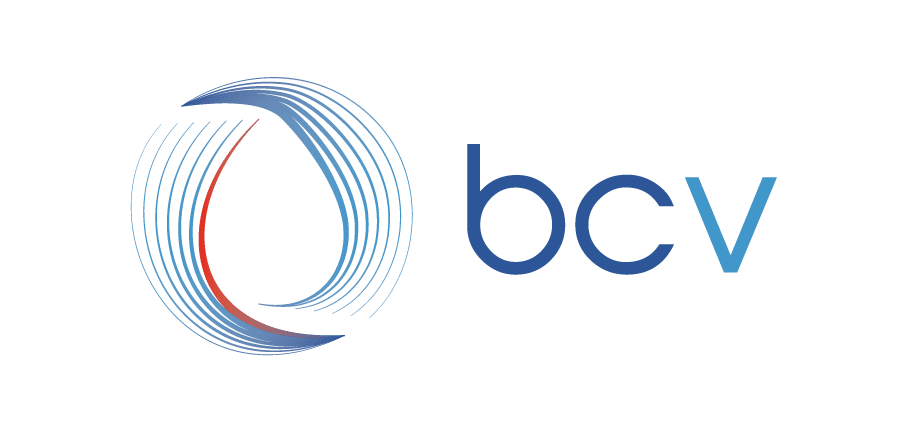BCV Announces First-In-Human Cases with GECKO System Aimed at Increased Procedural Speed and Reduced Complication in Neurovascular Procedures
REIMS, France-BCV announces a major step in the development and evaluation of steerable mechatronic guidewires for stroke treatment – the GECKO System. The first-in-human case was conducted by Michel Piotin, MD, PhD, head of Interventional neuroradiology at Foundation Rothschild Hospital in Paris, France.
Worldwide each year more than 12.2 million people suffer a stroke.1 The estimated global cost of stroke is over $721 billion (USD).1 A key issue in stroke treatment is speed to intervene: each minute represents nearly 2 million lost neurons.2 During stroke intervention, complications can arise that delay access to the clot and cause issues in patient recovery. 3 Current approaches can involve excessive time and devices to obtain access to the stroke location, depending on anatomical complexity.
Because “time is brain”, BCV developed the GECKO – a sterile, Class III single-use steerable mechatronic guidewire intended to facilitate the access and positioning of a catheter to reach the obstructing clot.
Dr Raphaël Blanc, CEO of BCV.
GECKO was designed to allow faster navigation and reduce complications, especially in tortuous vessels. GECKO is compatible with existing catheters and image-guided platforms and has potential applications in any procedure requiring guidewire access including cardiovascular, urological, gynecological, oncological and bariatric procedures.
“Physicians face many challenges with neurovascular pathologies in navigating to the treatment site rapidly and safely,” said Michel Piotin. “GECKO, through its design versatility and electronic navigation, facilitates the management of complex arterial maneuvers, saving time and minimizing device exchanges. We are very pleased to be the first users and look forward to realizing the many benefits of this device on our patients.”
About BCV
BCV is a medical device company founded in 2016 with the mission to improve patient outcomes by providing simpler, faster and safer navigation for endovascular procedures. The company intends to submit data from the first 10 patients for a CE Mark filing in September 2022 and to hold an FDA pre-submission meeting by the end of this calendar year.
Originally developed with help from Institute of Intelligent Systems and Robotics (ISIR) at Sorbonne University-CNRS and INSERM, the core technology is mechatronic and can be integrated in robotic solutions.
Caution: The GECKO System is an investigational device and is not available for commercial sale, worldwide.
[1] Global Stroke Fact Sheet. World Stroke Organization (WSO). 2022. www.world-stroke.org
[2] Saver J, et al. Stroke. 2006;37:263–266.
[3] Pilgram-Pastor SM, Piechowiak EI, Dobrocky T, et al. Stroke thrombectomy complication management Journal of NeuroInterventional Surgery 2021;13:912-917.

